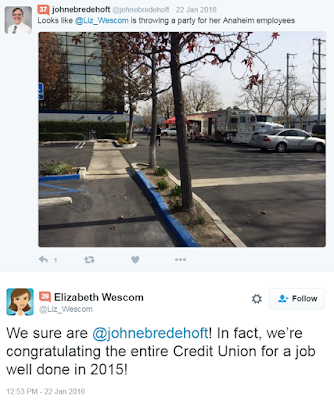This promised to be a momentous day at the City Hall at University City. This was the first day of work for two new city employees. And despite their surface differences, they were very similar.
Juanita Mandela X had been a lifelong resident of University City, and was well acquainted with the pulse of the town. Despite its reputation as a bastion of progressivism, Juanita had engaged in numerous battles with the city's power structure. While a student at the university itself, Juanita founded the Coalition for True Progress, which not only took on the university administration, but also the administration of the city itself. Juanita became well-known for her activism, and even acquired the nickname "Android Queen" for her use of her cellular phone to document and expose corruption in high places. Finally, at the urging of her coworkers at the Huey Newton Food Collective, Juanita ran for the City Council itself, handily defeating an incumbent with over 20 years of tenure on the council.
But Juanita was not the only outsider who gained access to the City Council's membership. Wayne "Bud" Wallace had not grown up in University City like Juanita had, but in his ten years in residence he had also established a name for himself. One would think that a Tea Party man in a "MAGA" hat would be completely shunned in University City, but many felt that Bud was a breath of fresh air in the town. Bud was also in food service, as owner of the city's only McDonald's franchise, and had successfully waged a war against the city to allow his franchise to be built. His message of freedom resonated throughout many sectors of the city, aided by his daily YouTube videos. The next logical step in his quest to "expose seedy government" was to penetrate government itself. Despite police harrassment, including attempts to compel Google to reveal personal information about his YouTube account, Bud prevailed against the city and wound up on the City Council itself.
Given their past tendencies, it was no surprise when both Juanita and Bud used Facebook Live to document their arrival at City Hall to formally assume their City Council duties. They even engaged in some good-natured banter as they approached the front door, with Juanita proclaiming "Make University City great again!" on Bud's Facebook Live stream, and Bud returning the favor by shouting "University City lives matter!" on Juanita's stream.
Holding their mobile phones aloft, they marched to the front door...
...where they were met by the City Attorney.
"Are you here on government business?" she asked.
"Yes," they both replied.
"Then you will need to conduct your business with government issued phones," the attorney replied. "Private phones do not conform to our city's security policy, nor do they conform to the city's public disclosure policy."
"Public disclosure? I'm publicly disclosing this entire conversation on Facebook Live!" Juanita responded.
"That's not the public disclosure that I'm talking about. Due to the Transparency Ordinance - an ordinance that both of you championed last year, by the way - all communications by government officials are part of the public record, and subject to public records requests. Therefore when conducting government business, you need to use a device with the appropriate software to facilitate the required disclosures."
"Required disclosures? I have a right to privacy!" exclaimed Bud.
"Not when you're conducting public business. I seem to recall that you were the one who insisted that all Planning Commission emails regarding your business application be publicly revealed. Well, now that you're a member of the Planning Commission, that applies to you too."
Juanita and Bud lowered their phones, shutting them off.
"Oh, and by the way," the lawyer continued, "Bud, I'm still waiting for you to file your ethics report documenting your restaurant's in-kind contributions to the University City Little League. There are obviously huge conflicts of interest here."
The evolution will not be televised - Bryan Adams and AllMusic
-
If you poke around on the Internet, you can find this odd FAQ:
*Why can't I find Bryan Adams on AllMusic? Due to the request of Mr. Adams,
we are no long...
6 years ago







